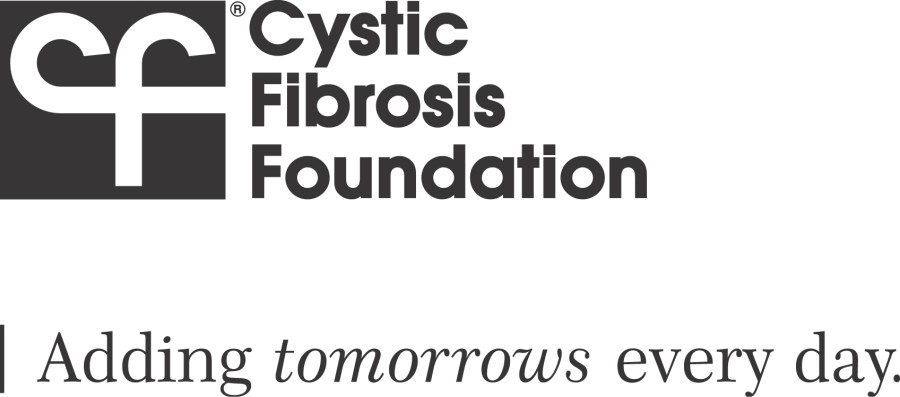Senior Anna Pereira carries the Cystic Fibrosis gene. Although Pereira’s Cystic Fibrosis gene is dormant, Cystic Fibrosis can be a life threatening disease, which is why Pereira helped nominate the Cystic Fibrosis Foundation for this year’s Charity Bash.
“Last year in November, I found out I had two Cystic Fibrosis mutations, but they’re both dormant,” Pereira said. “[Neither of them are] the really bad one, the one that causes major symptoms, called Delta F508. I have different ones and nobody in the U.S. really has the combination together that I have. I don’t have any symptoms of [Cystic Fibrosis], so, technically, right now, I don’t have the disease, but I can later in life.”
The predicted median age of survival for a person with Cystic Fibrosis is in the mid-30s. In this disease, unusually thick and sticky mucus obstructs the lungs and pancreas, which leads to life threatening diseases, according to the Cystic Fibrosis Foundation website. The main symptoms are coughing, shortness of breath, lung infections, and poor growth.
Carrying these genes will mostly affect Pereira as she gets older. If she marries someone with the Delta F508 gene, her children will have a good chance of having Cystic Fibrosis, and she could develop the disease if something goes wrong with her genes at some point in time. Having the mutations in her genes also slightly affects her life now, too, Pereira said.
“I have to go to the doctor once a year to get breathing tests,” Pereira said. “Also, I had to go to Minnesota this summer to go to the doctor because they have a really good Cystic Fibrosis center in the hospital in the University of Minnesota. I went there to figure out if there was anything that could eventually happen with my genes.”
Pereira said she thinks it is important LZHS is contributing to the Cystic Fibrosis Foundation because research can help people in the future know more about mutations in their genes and she knows that it is “scary to not know what is happening.”
Josh Thompson, band director, also knows the importance of raising funds to research the disease. He has Cystic Fibrosis in his family, as well: his sister suffers from the disease and his aunt died of it at the age of four.
“[My main concern about Cystic Fibrosis is] that my sister will live to be an old age,” Thompson said. “I think that has always been the hardest thing; especially when I was a kid, thinking about how I don’t know how long my sister is going to live. She’s 35 now, which is longer than we could have imagined at the time.”
Thompson grew up “firmly entrenched” in the disease because he saw the effects of the disease on his sister’s life everyday.
“When we were kids, she was in the hospital a lot. She had a lot of surgeries when she was very small; she has scars all over her stomach,” Thompson said. “Back then she would have to do breathing treatments at least twice a day. She would get ‘chest clapping,’ where they basically were beating on her to loosen up the mucus in her lungs. As technology changed, she got a mechanical device that would do that rigorous clapping so that we didn’t have to do it with our hands. Nowadays, she has a machine where she breathes and it does the vibration all at one time.”
There have been many breakthroughs in the research of this disease, but the research continues every day. The scientists who are researching Cystic Fibrosis aim to improve the overall understanding of the disease, therapies, treatments, and drugs for the symptoms and the gene that causes the disease, according to the Cystic Fibrosis Foundation website.
“I think it deserves to be noted that my aunt died when she was four, and that was in the 50s when she died,” Thompson said. “But I also have a sister that lived, who is now 35. It just shows how important research and treatment can be because that change is not just by luck. They diagnose it earlier and give better treatments that work better. People are living longer, full lives now that had no hope for that before.”

